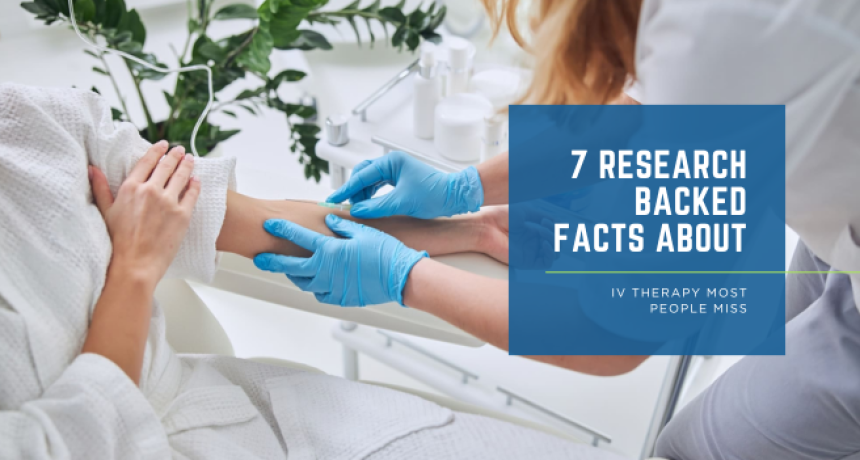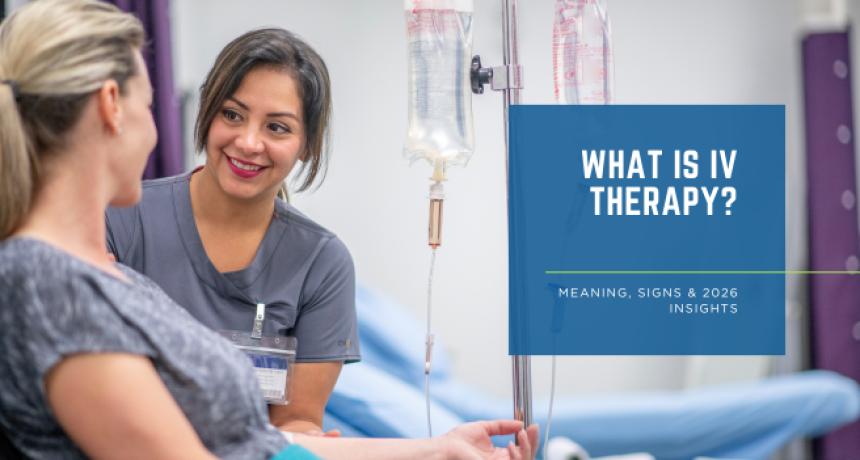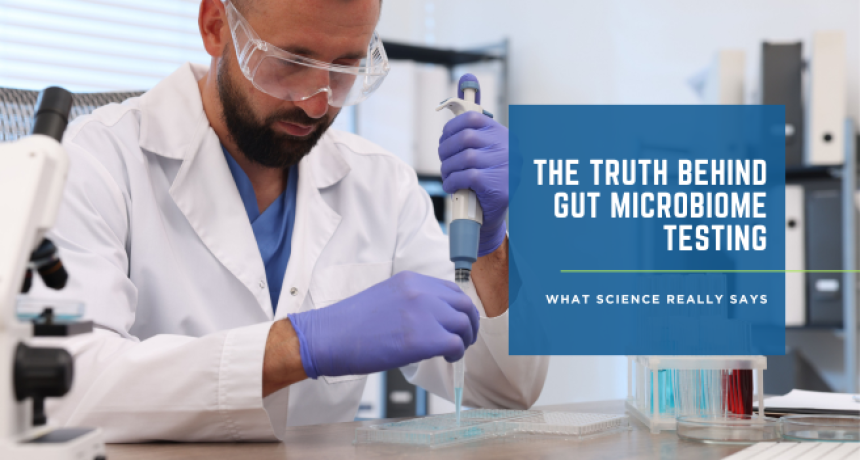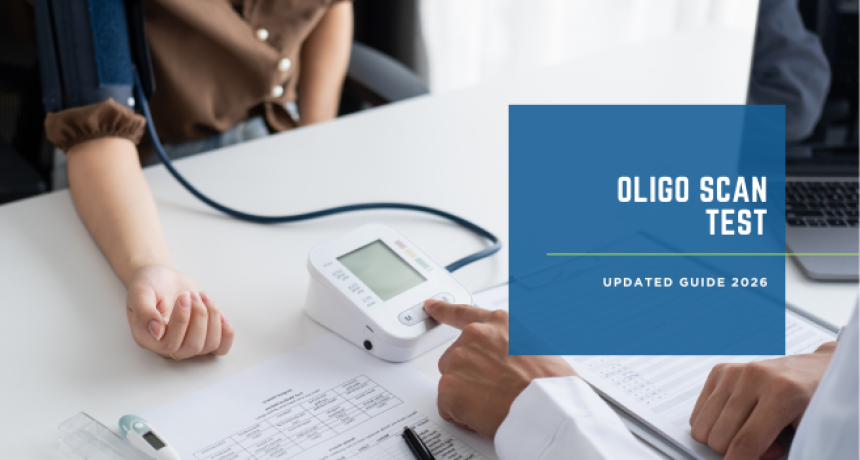Men’s Sexual Health: Common Problems & When to See a Doctor
2025-07-25 Sexual performance is often wrongly tied to a man’s identity. So when something feels off—be it low stamina, lack of desire, or difficulty maintaining an erection—many men suffer in silence. The problem isn’t rare. It’s just rarely discussed. In fact, according to the Indian Journal of Urology, over 50% of Indian men above the age of 40 experience some form of erectile dysfunction, yet most never seek treatment. Similar trends are seen with premature ejaculation, low testosterone, and even male infertility. At L&B Clinics, we’re changing this narrative. Because sexual wellness isn’t about performance—it’s about health. This blog breaks down common male sexual problems, what causes them, and when it’s time to consult a doctor. No judgment, no stigma—just facts. Hormonal balance (primarily testosterone) Blood circulation Neurological function Emotional and mental health Reproductive health and fertility When any of these systems are out of sync, it can lead to common issues like: Erectile dysfunction (ED) Premature ejaculation (PE) Low libido or lack of sexual stamina Infertility Performance anxiety Low testosterone (hypogonadism) What it is: Difficulty achieving or maintaining an erection firm enough for sex. Why it happens: Poor blood flow due to diabetes, hypertension, or heart disease Stress, anxiety, or performance pressure Low testosterone Side effects from medication or smoking Nerve damage from surgeries or injuries What the research says: Treatment options: PDE5 inhibitors (medications like sildenafil) Testosterone therapy (if hormone levels are low) Lifestyle changes (quit smoking, lose weight, manage diabetes) Counselling or sex therapy Shockwave therapy or platelet-rich plasma (PRP) in select cases 2. Premature Ejaculation (PE) What it is: Ejaculation that occurs sooner than desired—often within one minute of penetration. Causes: Anxiety or performance pressure Hormonal imbalances Pelvic floor weakness Hypersensitive genital nerves Inflammatory issues in the prostate or urethra Evidence-based treatments: SSRIs (selective serotonin reuptake inhibitors) Topical numbing agents Behavioral therapy and exercises (like the “start-stop” technique) Pelvic floor physiotherapy Myth to bust: PE is not always “in your head.” Many cases are physiological and treatable. What it is: A decline in testosterone levels that can affect sex drive, mood, muscle mass, and energy. Common signs: Reduced libido Fatigue or irritability Loss of muscle or increased fat Erectile difficulties Poor sleep and mood swings What the data says: Diagnosis: Treatment options: Testosterone Replacement Therapy (TRT) Weight loss, sleep hygiene, stress reduction Resistance training and zinc-rich foods What it is: Inability to conceive after 12 months of regular, unprotected sex—often due to issues with sperm quality or quantity. Top causes: Varicocele (enlarged veins in the scrotum) Hormonal imbalances Poor sperm motility or morphology Heat exposure (frequent saunas, laptops on lap) Smoking, alcohol, or steroid abuse Chronic illnesses like diabetes or thyroid dysfunction Tests used: Semen analysis Hormone panels (FSH, LH, testosterone, prolactin) Scrotal ultrasound Treatment: Lifestyle changes (quitting tobacco/alcohol, weight loss) Nutritional support (Vitamin C, Zinc, CoQ10) Varicocele surgery (if indicated) Assisted reproductive techniques (IUI, IVF, ICSI) Loss of desire or stamina doesn’t always mean ED or Low T. It could be a combination of: Mental health (depression, relationship stress) Poor diet and inactivity Sleep deprivation Performance pressure Porn-induced sexual desensitization Male performance boosters marketed online often contain unregulated ingredients or steroids. At L&B Clinics, we recommend evidence-based supplements and lifestyle modifications, not shortcuts. Safe stamina-boosting strategies: Regular exercise (especially strength training) Adaptogens like Ashwagandha or Tongkat Ali Omega-3 fatty acids Healthy fat intake to support hormone production Therapy for emotional and relationship stressors When to See a Doctor Too many men delay medical help due to embarrassment. But these issues rarely resolve on their own. You should see a sexual health expert if you notice: Persistent erection or ejaculation problems Lack of sexual desire for several weeks/months Mood changes or fatigue linked to low libido Infertility despite regular unprotected intercourse Physical changes (like testicle shrinkage or breast development) Early diagnosis means better outcomes, more treatment options, and improved quality of life. We’re not a quick-fix clinic. At L&B Clinics, we offer comprehensive, confidential, and science-backed care for men of all ages. Detailed hormone testing & interpretation Semen analysis and fertility evaluation Erectile dysfunction and PE therapy (including counselling and medications) Testosterone therapy (only after clinical need is established) Nutritional and fitness counselling for natural performance boosts Stress and relationship support via integrative care Location: Easily accessible sexual health clinic in Delhi, known for ethical, discreet, and holistic care. Myth 1: Only older men get ED Myth 2: Testosterone therapy is dangerous Myth 3: Fertility has nothing to do with men Myth 4: Natural supplements can fix everything Rohit, 35, banker: Amit, 29, newly married: Whether you’re 25 or 55, struggling with performance or just not feeling like yourself—sexual wellness is not something to “wait out” or hide. It’s a key sign of your hormonal, mental, and cardiovascular health. At L&B Clinics, we believe that talking about men’s sexual health should be as normal as managing blood pressure or cholesterol. If something feels off, reach out. Your best health—including your sexual health—is one honest conversation away. Indian Journal of Urology – Erectile Dysfunction in Indian Men Journal of Sexual Medicine – Prevalence of PE and ED Mayo Clinic – Testosterone Therapy Guidelines American Urological Association – Male Fertility Best Practices Harvard Health – The Truth About Testosterone Massachusetts Male Aging Study – Erectile Function & Age WHO – Male Reproductive Health and InfertilityWhy Men Don’t Talk About Sexual Health—But Should
Understanding Men’s Sexual Health

Common Sexual Health Problems in Men

1. Erectile Dysfunction (ED)
The Massachusetts Male Aging Study found that ED affects up to 52% of men aged 40–70. It’s not always psychological—70% of ED cases have a physical root.3. Low Testosterone (Low T)
Testosterone levels naturally decline 1% per year after age 30. But stress, poor diet, alcohol, and lack of sleep can accelerate this.
A simple blood test measuring total and free testosterone—often done in the morning—is used to confirm Low T.4. Male Infertility
5. Low Libido & Poor Sexual Stamina
The L&B Clinics Approach to Men’s Sexual Wellness
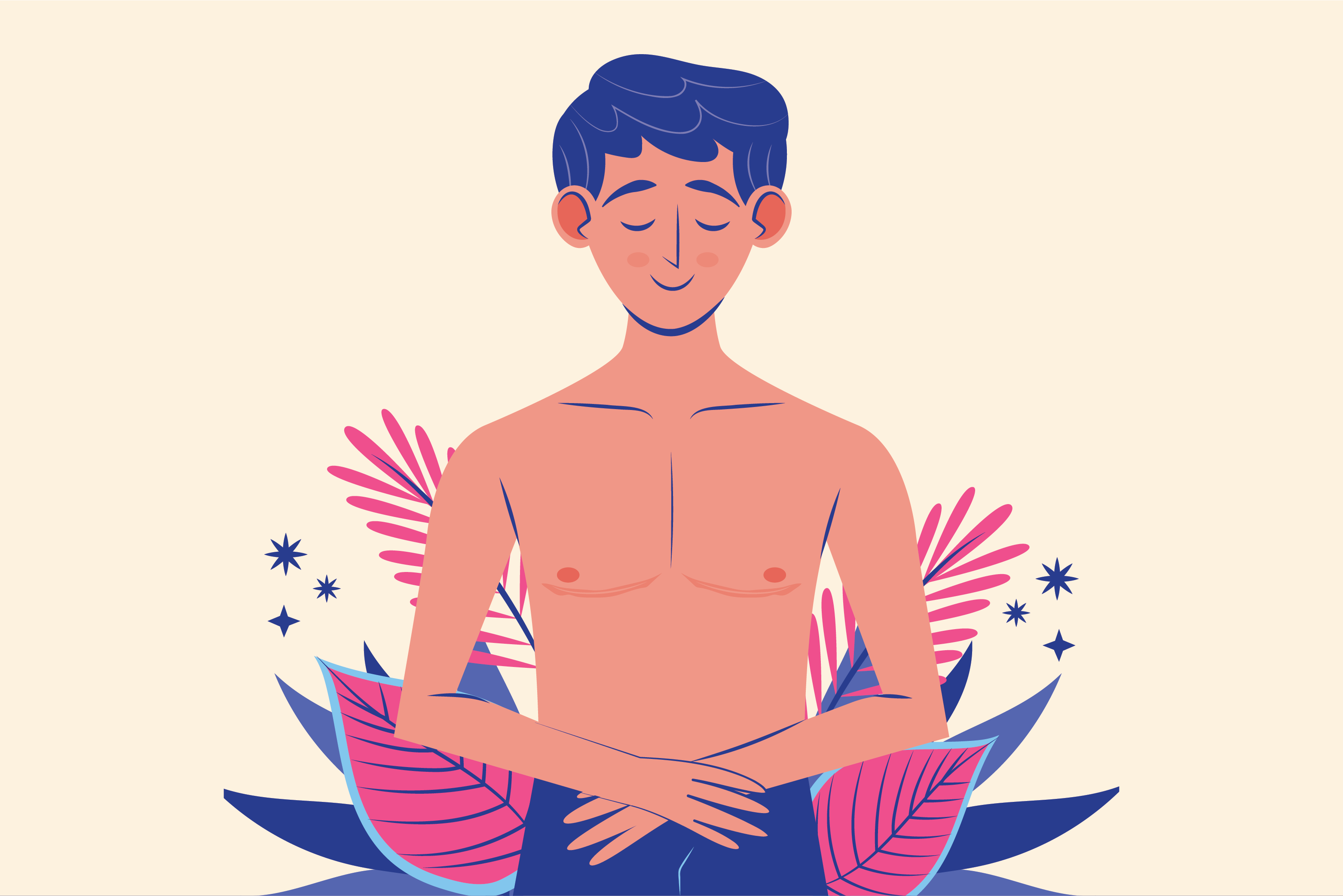
What We Offer:
Common Myths About Men’s Sexual Health
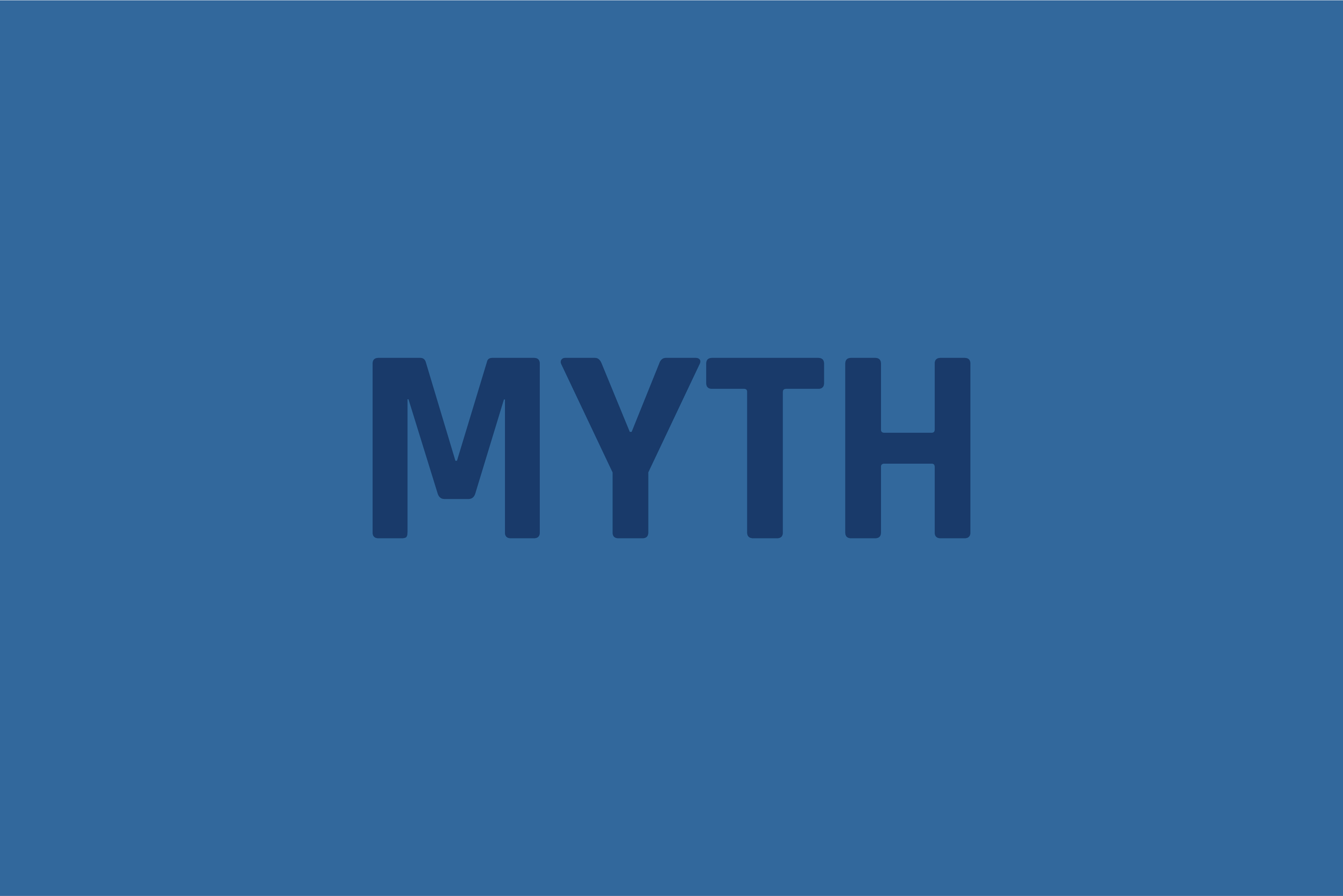
✅ Truth: ED affects 26% of men under 40 (Journal of Sexual Medicine, 2013)
✅ Truth: When monitored properly, TRT is safe and effective for those who truly need it
✅ Truth: Male factor infertility accounts for nearly 50% of infertility cases
✅ Truth: Some help—but many are unregulated. Always check with a clinician before starting.Real Patient Stories
"I was struggling with low energy and didn’t feel like myself. L&B did a full hormone check—my testosterone was low. Three months into therapy and nutritional support, I feel sharper, leaner, and my relationship is thriving again.”
"Premature ejaculation was affecting my confidence. I tried random tablets, but nothing helped. The doctor at L&B explained the science, gave me a structured plan, and within two months, I saw real improvement.”Sexual Health Is Bliss at L&B Clinics
Scientific References
.png)

